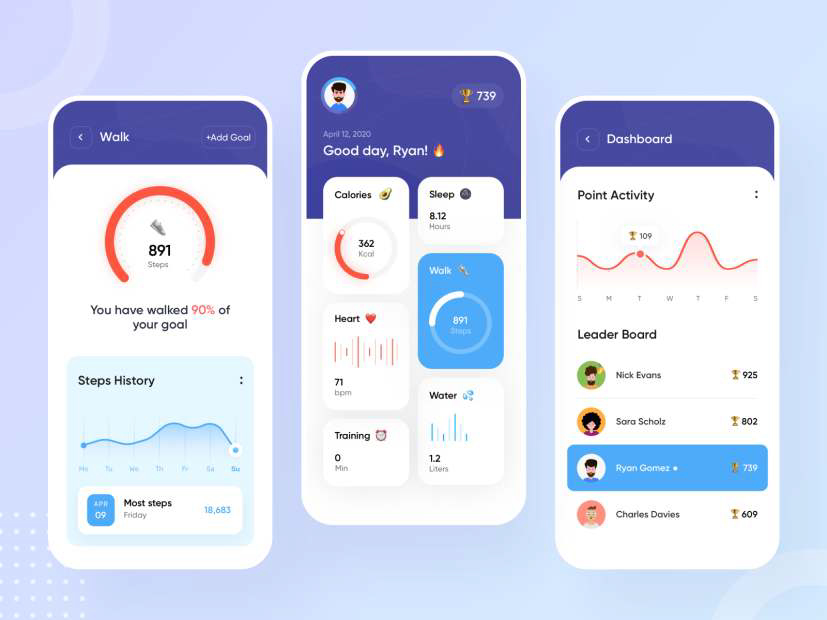By Mohammed Irshad
Recent research, sponsored by the NHS Confederation in collaboration with Google Health and conducted by Ipsos, sheds light on the increasing acceptance of health technology among the public. This study, involving 1,037 respondents, unveils a promising shift in attitudes toward healthcare technology, signaling a growing willingness to utilize innovative solutions for better health management.
Technology’s Role in Avoiding Hospitals
According to the research findings, an impressive 72% of respondents expressed their readiness to leverage health technology if it meant avoiding hospital visits. The survey also revealed that the same majority is open to incorporating wearable devices and health monitoring tools into their daily lives, with a willingness to share the gathered health data with medical professionals.
Empowering Individuals for Self-Care
This research highlights a broader trend of individuals taking greater responsibility for their health and their families. A staggering 78% of respondents would readily embrace various health monitoring equipment if recommended by NHS professionals. Remarkably, even those over 75 years old (89%) are open to adopting such technology.
Digital Healthcare’s Growing Influence
The study also disclosed an interesting disparity in technology adoption between those with long-term health conditions and the general population. While 53% of respondents with frequent interactions with the healthcare system already use the NHS App to access personal health information, only 33% of the general population do so. This coincides with the government’s recent announcement to make the app accessible to over 90% of general practices by March 2024.
Expert Opinions on the Findings
Matthew Taylor, CEO of the NHS Confederation, commented on the research, emphasizing technology’s potential to empower patients in their health management. He stressed the need for additional funding to fully harness these opportunities and the importance of ensuring equitable access to digital healthcare.
Susan Thomas, UK Director at Google Health, expressed her organization’s alignment with the research findings, highlighting the mission to use technology to promote overall health and wellness.
Current Technology Landscape
The research underlines that 83% of adults are already using some form of technology to manage their health, rising to 89% among those with long-term conditions. However, it’s noteworthy that just over half of respondents expressed satisfaction with the current available technologies.
Future Healthcare Expectations
Looking forward, the study indicates that 73% of patients desire their doctors to offer the “best available technology,” with 58% wishing for health monitoring technology. The ease of appointment booking and communication with healthcare teams through messaging services also ranked high on the list of priorities.
Anticipating a Tech-Driven Healthcare Future
From a forward-looking perspective, over two-thirds (68%) of respondents anticipate a future in healthcare with more technology and less reliance on healthcare professionals. However, concerns arise regarding limited healthcare access for those without the right technology.
This study, conducted between March and April 2023, combined quantitative research with qualitative interviews involving respondents with long-term health conditions. It aimed to explore public attitudes towards health technology, responsibility in healthcare, and privacy concerns regarding health data.
















